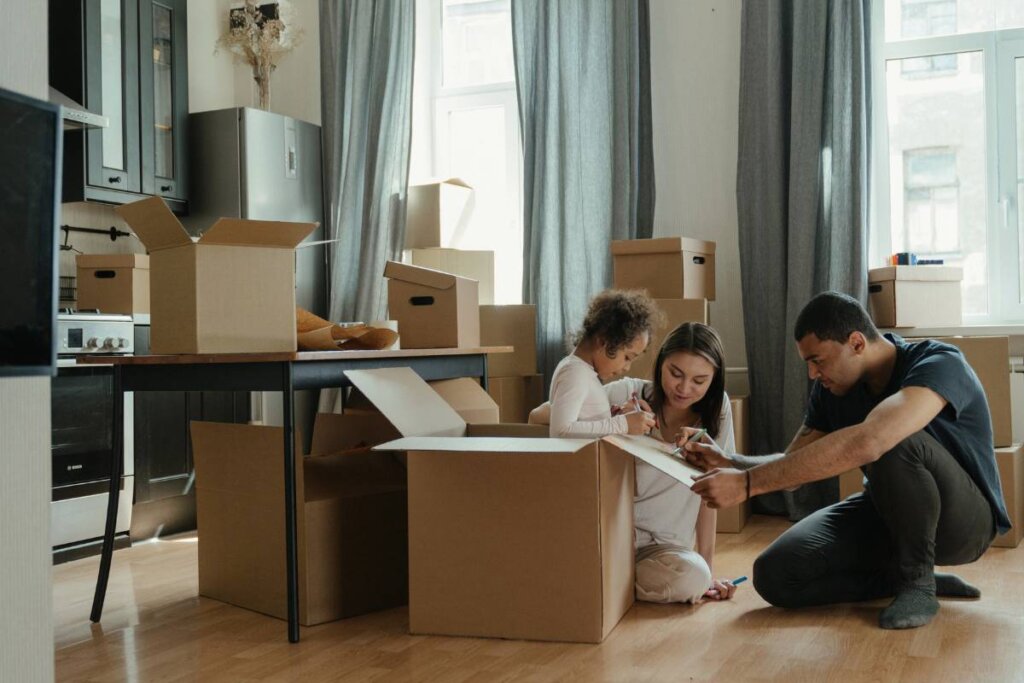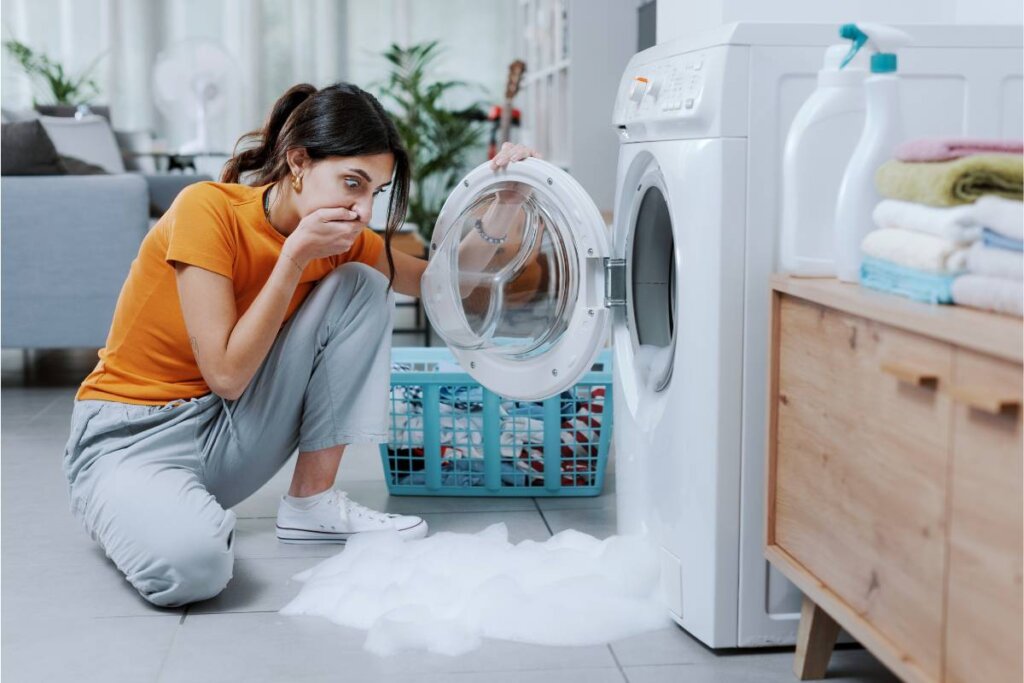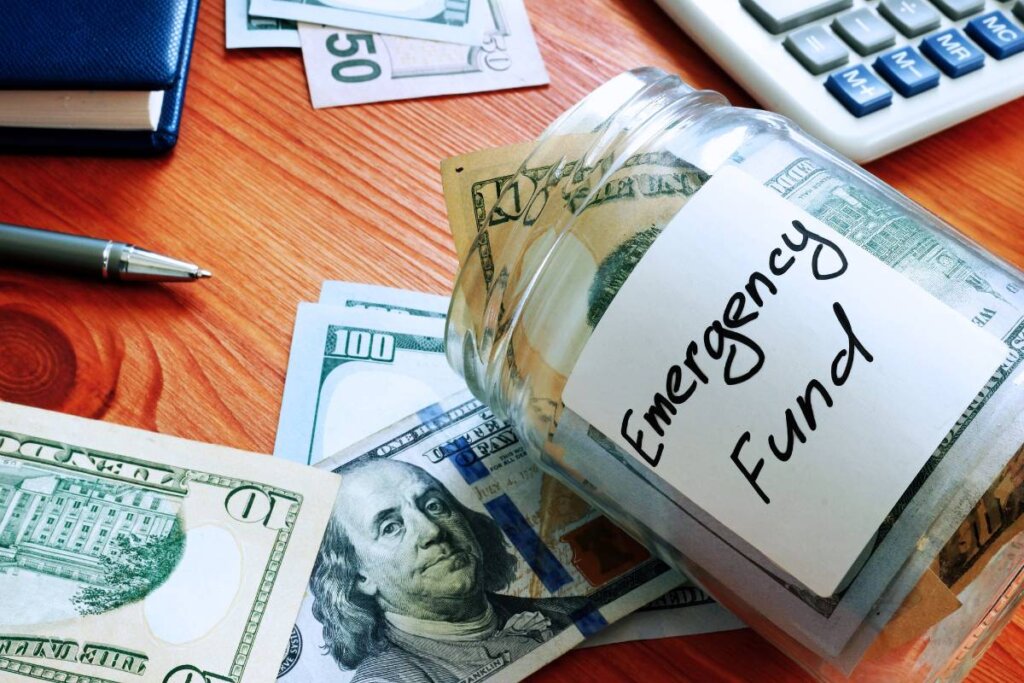Discover the hidden costs of owning a home and learn how to budget for them. Avoid surprise expenses with this complete guide.

Owning a Home Costs More Than Just Your Mortgage
For most buyers, homeownership means freedom and stability, but it can also come with surprise expenses that quickly drain your wallet if you are not prepared. Understanding what really goes into your monthly bills and long-term upkeep will help you avoid financial stress down the line.
Understand Your Monthly Bill: What PITI Means
When lenders approve you for a mortgage, they calculate your principal, interest, taxes, and insurance better known as PITI.
- Principal is the money you borrow.
- Interest is what the lender charges to lend you that money.
- Taxes are your local property taxes, which can increase every year.
- Insurance includes homeowners insurance and, if you put down less than 20 percent, private mortgage insurance (PMI).
Many first-time home buyers stop here, but your real monthly costs are usually higher once you factor in everyday living expenses, maintenance, and repairs.
Large Ticket Repairs You Need to Plan For
Some of the biggest costs of owning a home are the things you do not expect to break. Major repairs can cost thousands or even tens of thousands of dollars and often come up when you least expect them.
- Roof replacements are one of the largest expenses and can run $5,000 to $20,000 or more, depending on your home’s size and materials.
- Mechanical systems like heating, ventilation, and air conditioning (HVAC), electrical panels, and plumbing all have lifespans. If your furnace dies in January, you will need to pay for emergency repairs.
- Pest damage can also become expensive. Termites can cause structural damage that is costly to fix, and most standard insurance policies do not cover this.
- Mold remediation is another hidden cost that surprises many homeowners. Hidden leaks or humidity problems can lead to mold, which may require professional removal and repairs.

Everyday Maintenance Adds Up
Everyday upkeep is often overlooked but adds up fast. Homeowners should budget for regular tasks like:
- Lawn care and landscaping to keep your property safe and attractive
- Routine cleaning and home care supplies
- Utility bills including electricity, gas, water, internet, and trash removal
- Home security systems, which often have installation fees and monthly monitoring costs
- Snow removal if you live in colder climates.
Individually, these may not seem like much, but together they can cost hundreds every month.
Unexpected Repairs Can Happen Anytime
No matter how well you care for your home, unexpected problems can strike. These emergencies might include:
- Fire damage requiring structural repairs or replacements
- A downed tree damaging your roof or power lines during a storm
- Flooding from burst pipes or heavy rain
If you do not have a reserve fund, these surprise costs can easily become financial disasters.
Don’t Forget Furniture and Moving Costs
It is easy to overlook the cost of actually moving in. Buying a larger home means you may need more furniture, decor, and everyday household items. Hiring movers or renting a truck, buying boxes and supplies, and setting up new services all cost money. Many first-time home buyers underestimate these expenses, only to get sticker shock when they start filling empty rooms.
How to Budget for Hidden Costs
Experts recommend you budget 1% to 4% of your home’s value every year for regular upkeep. For a $300,000 home, that means setting aside $3,000 to $12,000 each year for maintenance and repairs. Many also suggest an additional 1% to 3% emergency fund, which can cover bigger surprises like mechanical failures or storm damage.
A simple way to plan is to open a separate savings account just for home expenses. Contributing to this fund monthly can help you avoid using high-interest credit cards when big repairs pop up.

Plan Upfront Before You Buy
Good planning starts long before you sign closing papers.
- Get a thorough inspection. A licensed home inspector will check your roof, mechanicals, foundation, and more, helping you identify potential red flags before you commit.
- Ask for seller disclosures. Sellers are required to share known issues. Review these carefully to avoid hidden surprises.
- Hold extra savings aside. Beyond your down payment and closing costs, keep an additional cushion to cover unexpected repairs or updates you may need to make immediately after moving in.
The Bottom Line
Owning a home can be a smart way to build equity and create stability, but only if you plan for the real costs. Budget for maintenance, expect the unexpected, and do your due diligence up front. If you find yourself overwhelmed with repairs or tired of the stress, remember that you have options.
Need help selling a property that’s become too much to handle? Learn more about how we help Pennsylvania homeowners sell fast. Or get a no-obligation cash offer today.
